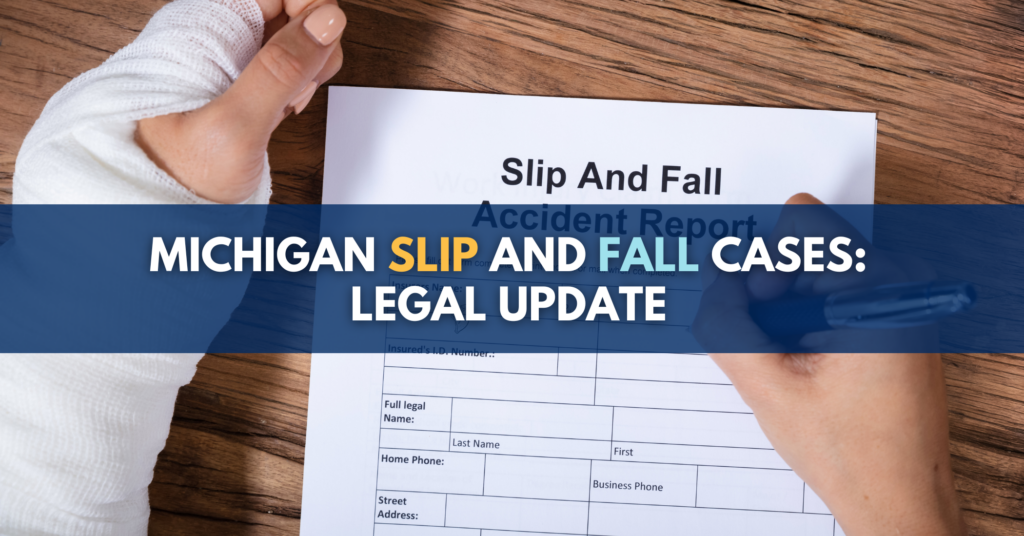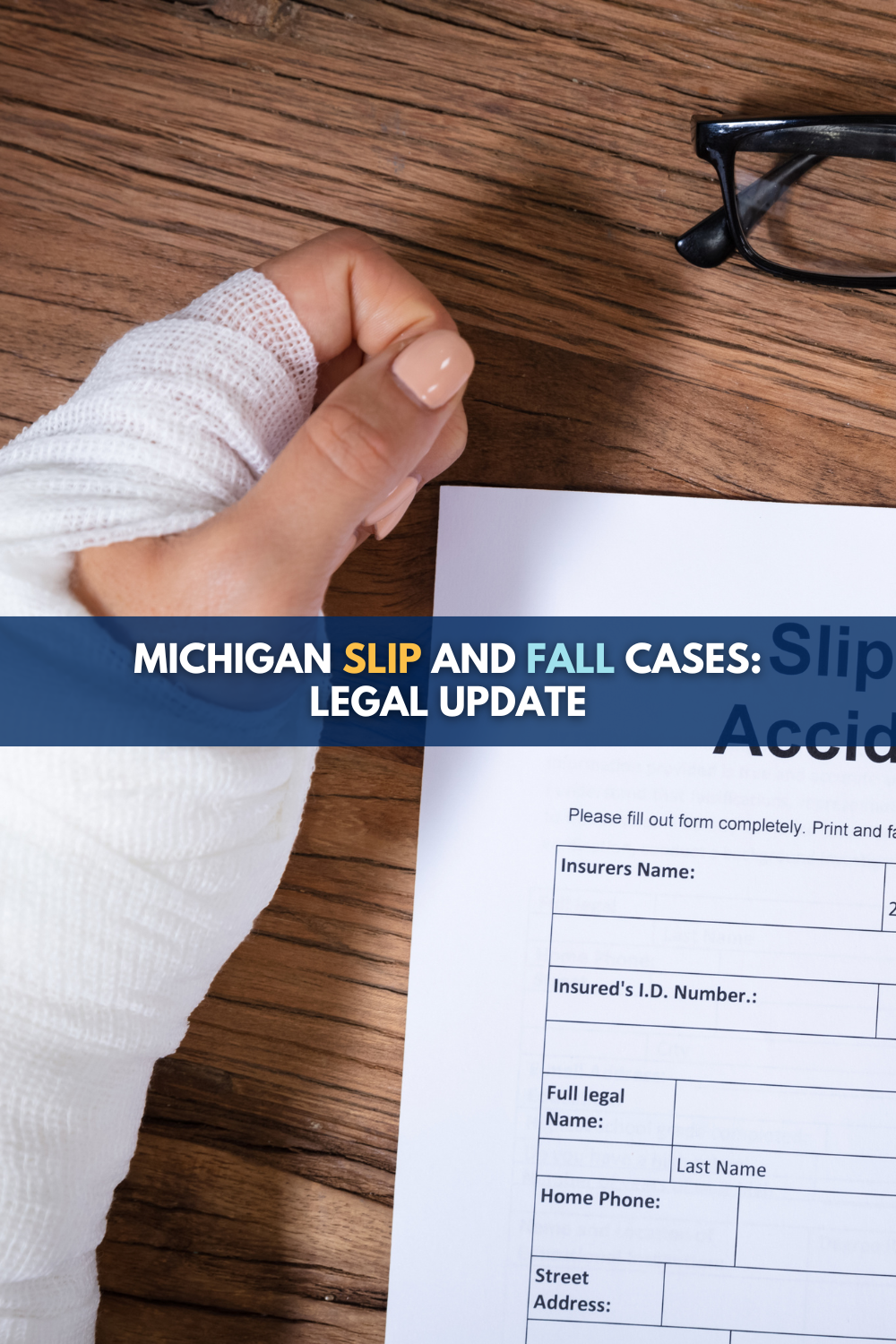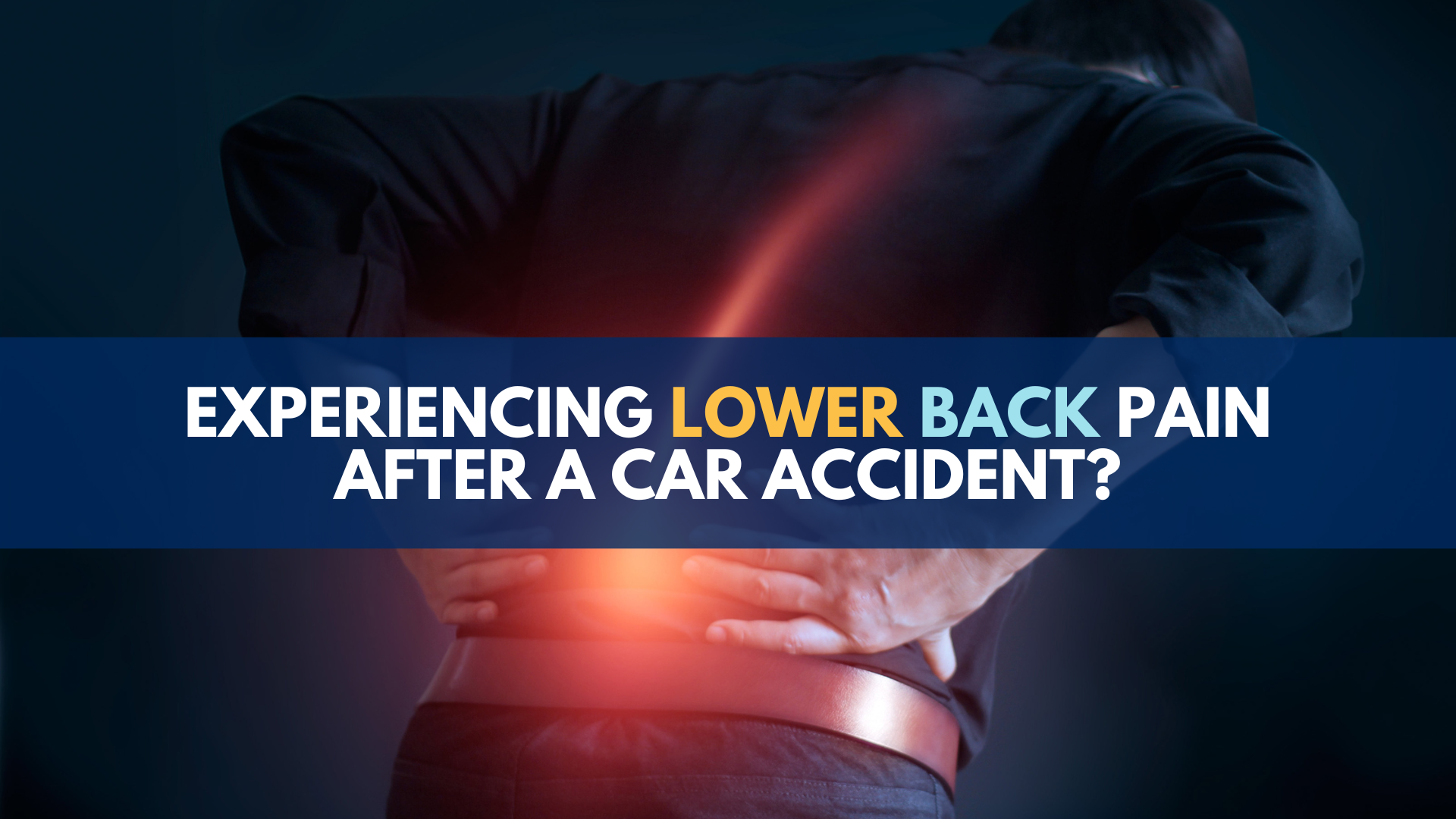
Last Friday, the Michigan Supreme Court in Kandil-Elsayed v. F&E Oil, Inc., and Pinsky v. Kroger Company of Michigan, returned Michigan’s slip and fall law to a safer and saner version that will better protect Michiganders. I’d like to share a couple thoughts on these two incredibly important decisions.
Restoring decades of precedent prior to Lugo v. Ameritech Corp, Inc
The first is that these cases do not represent a new law in Michigan. What they do is overrule a dreadful decision that a much more partisan Michigan Supreme Court created in 2001 with Lugo v. Ameritech Corp, Inc, 464 Mich 512, 516-517; 629 NW2d 384 (2001).
It’s important to understand just how bad the Lugo case was for the citizens of this state. Under that decision, we had the worst possible public policy. Property owners were actually rewarded by making their property more dangerous. The more dangerous they made it, the more likely the condition might be construed as “open and obvious” which would essentially serve as immunity for the property owner.
As a state, we should be making our stores and businesses more safe for the public to visit, not less safe. The Michigan Supreme Court’s rulings in Kandil-Elsayed v. F&E Oil, Inc., and Pinsky v. Kroger Company of Michigan, which are “in accordance with decades of precedent prior to Lugo,” restore Michigan’s laws to what they were before 2001, and reimpose a reasonable duty on property owners to anticipate harms and make their premises safer for the people they’ve invited to enter onto their property.
This is a very big win for safety and for common sense. It’s a win for asking property owners to make minimum reasonable efforts to make their property and commercial businesses safe for people to visit.
Negligent property owners should pay, not taxpayers
The insurance industry is already saying that this will increase costs. Of course, they always say that. But here’s what the insurance companies don’t tell you: under the old premises law in this state under Lugo, guess who paid for the medical treatment for the thousands of people who got hurt in preventable slip and fall accidents due to the negligence or carelessness of property owners? We did. When people who were hurt couldn’t sue the responsible store owners and property owners, the millions and millions of dollars in medical care didn’t go away. Instead, they got shifted onto all of us, as taxpayers. Under the old law, we were the ones subsidizing these negligent property owners because the medical costs and disability costs were passed onto all of us as taxpayers to pay, whether that be Medicare, Medicaid, or Social Security Disability, when these slip and fall victims were turned away from the courts under Lugo. Now the law has been corrected and the people who pay are the ones who should be paying i.e., the negligent and careless store owners and property owners.
Property owners have a duty to exercise reasonable care to protect
The second thing this terrible Lugo case did was essentially throw out 80 years of human factors science out the window. Now we are back to understanding that people will be distracted from time to time. Stores hire experts to distract us, after all, and go to great lengths to draw people’s attention to, say, the top shelf of a grocery store where companies pay more money for these stores to place their merchandise. People in parking lots who are walking don’t always see the pothole because they are looking to make sure they aren’t hit by a car, or they turn their head because they hear a car horn.
Michigan now joins the rest of the nation in creating a duty to exercise reasonable care to protect people from unreasonable risks of harm caused by a dangerous hazard or condition on their property.
The biggest winner here is safety, because now the perverse incentive for store owners that has existed in Michigan from 2001 to 2023 has been corrected.
Safety and justice
My last thought is about just how many completely innocent and unsuspecting people who were seriously hurt by negligent property owners have been denied justice over these past 22 years. Looking back, when I started out as a young lawyer nearly 30 years ago about 1/3 of my cases were slip and falls and trip and fall premises liability cases. I moderated and spoke at a premises liability seminar to what was then the Michigan Trial Lawyers Association (now the Michigan Association of Justice), and I gave similar talks on premises liability cases to the Negligence Section of the State Bar and the Institute of Continuing Legal Education to hundreds of Michigan personal injury lawyers.
And then Lugo came and most of this entire area of premises liability was wiped out. Personal injury lawyers are going to have to start to re-learn how to handle these cases again. Many, perhaps most, probably haven’t handled a premises case in years.
An excellent analysis of Kandil-Elsayed v. F&E Oil, Inc., and Pinsky v. Kroger Company of Michigan, can be found here. This is a resource for both lawyers and for the public alike to learn more about these two cases and how the public policy in our state is now to encourage property owners to make their property safe for people. It is a return to a safer and more sane world, and I welcome it because it will save thousands of people from being hurt or killed in otherwise completely preventable accidents.
I particularly like this resource and link to it here because Tim Holland may be Michigan’s most experienced slip and fall lawyer. I personally have seen and worked with countless slip and fall lawyers in Michigan and I certainly think he is the very best slip and fall lawyer in the state. I’m also personally not aware of another lawyer who has had more success handling slip and fall cases or who has had better settlements over the past two decades than he has had.



